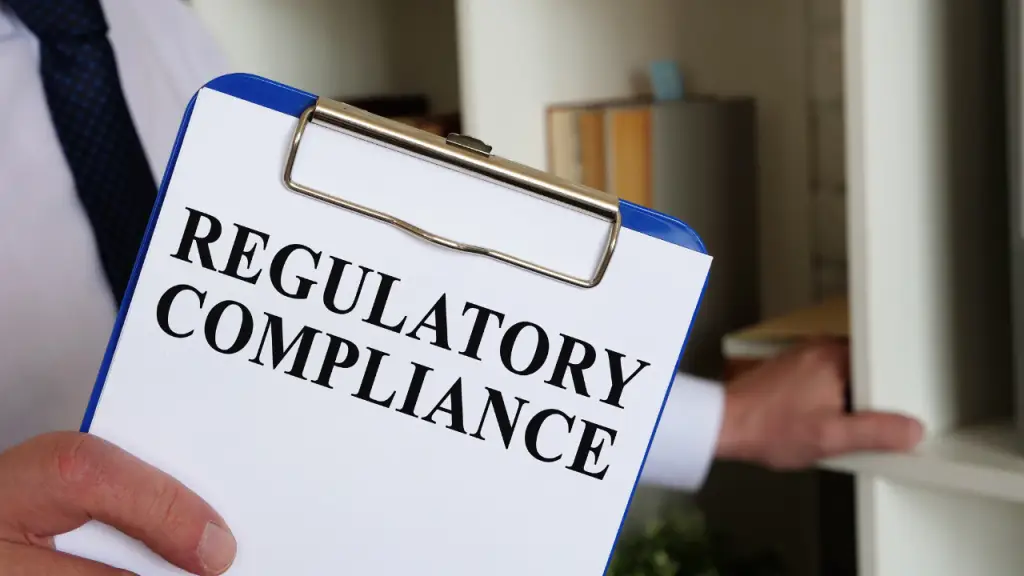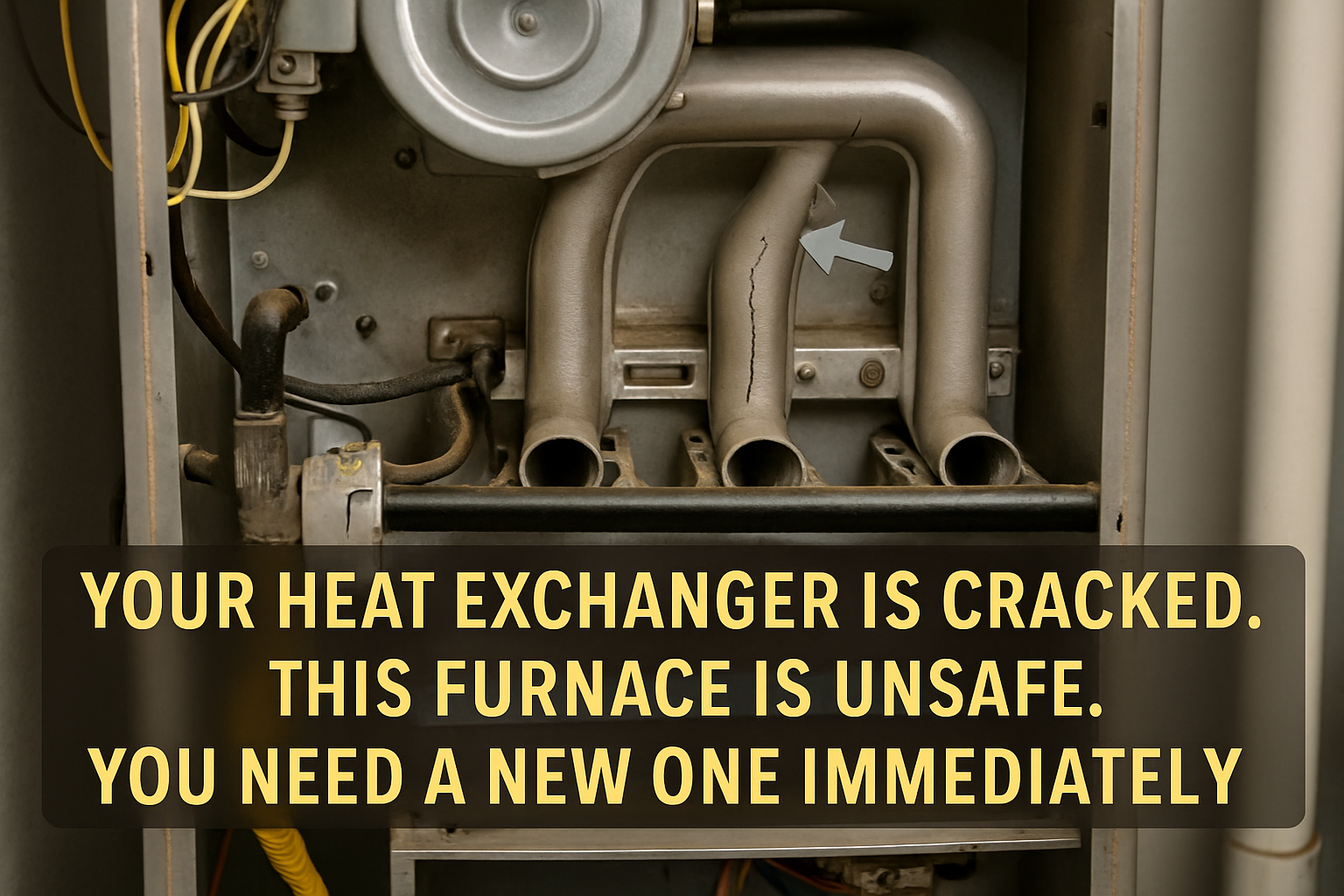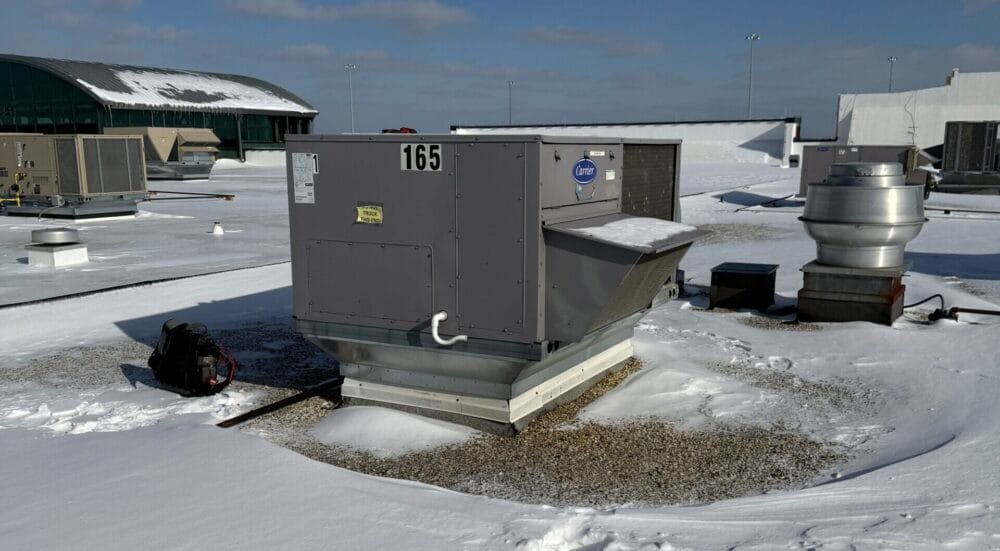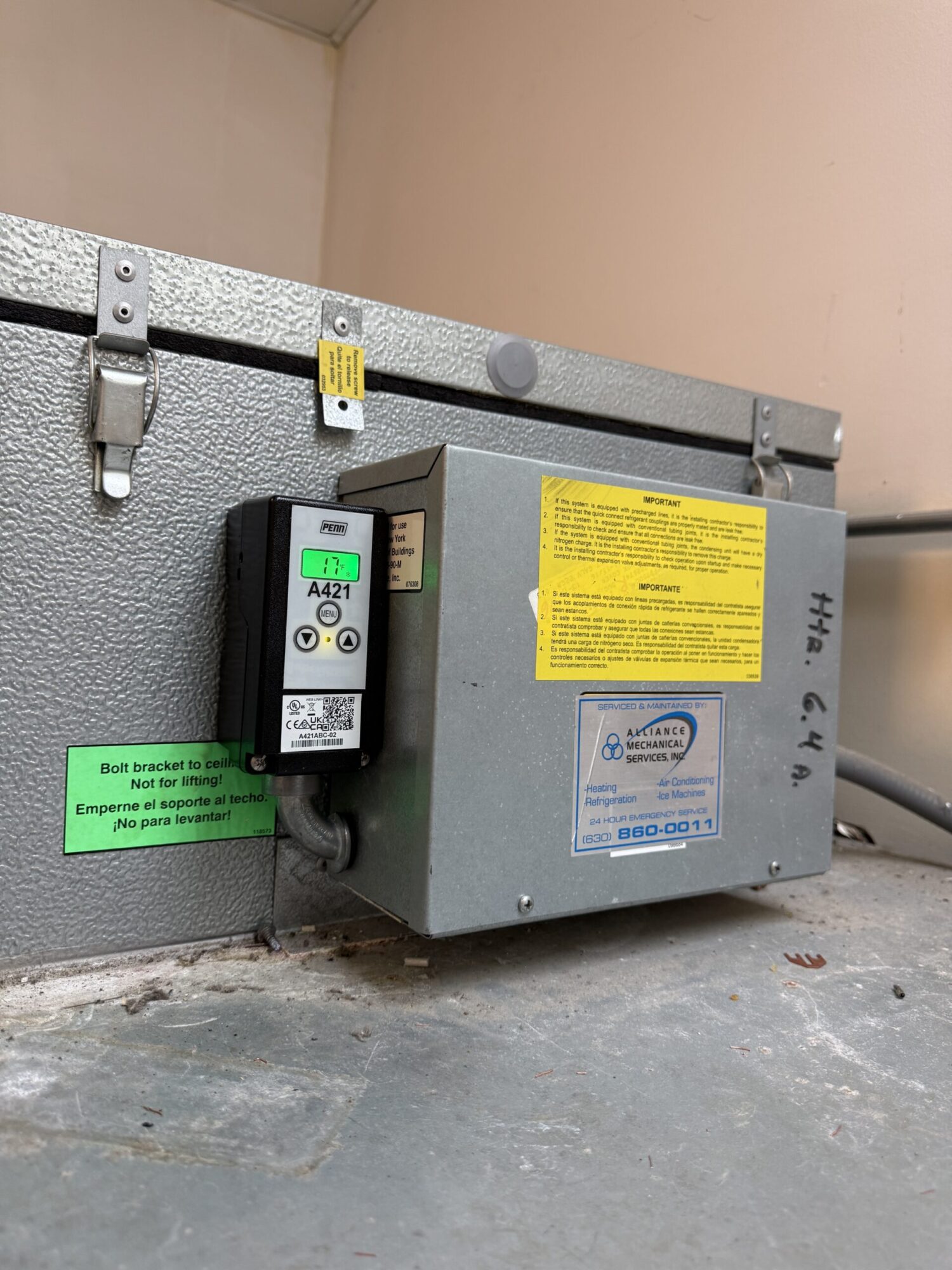Commercial refrigeration systems are critical for businesses in the food service, healthcare, and retail industries. Ensuring commercial refrigeration regulatory compliance is essential for energy efficiency, food safety, and environmental responsibility. Non-compliance can lead to penalties, operational disruptions, and potential legal issues. This guide explores refrigeration industry regulations and standards, including EPA refrigerant regulations and compliance, OSHA workplace refrigeration safety standards, and FDA food storage temperature guidelines.
For businesses looking to keep their refrigeration systems compliant, regular maintenance is crucial. Learn more about commercial refrigeration maintenance checklists in our guide on commercial refrigeration maintenance.

Refrigeration Industry Regulations and Standards
Government agencies and industry organizations have established various refrigeration industry regulations and standards to ensure safety, efficiency, and environmental protection. Businesses must adhere to these standards to maintain compliance and avoid fines.
1. EPA Refrigerant Regulations and Compliance
The Environmental Protection Agency (EPA) regulates refrigerants under the Clean Air Act to reduce harmful emissions. Compliance includes:
- Prohibition of ozone-depleting refrigerants such as R-22 (Freon).
- Mandates on leak detection, repair, and proper refrigerant disposal.
- Transition to eco-friendly refrigerants such as R-410A and R-32.
Failure to comply with EPA refrigerant regulations and compliance can result in heavy fines and environmental penalties. To ensure your system is operating within legal standards, consult our commercial refrigeration repair services.
2. FDA Food Storage Temperature Guidelines
For businesses storing perishable goods, following FDA food storage temperature guidelines is essential to prevent foodborne illnesses and maintain product integrity. Key requirements include:
- Refrigerators must be maintained at or below 40°F (4°C).
- Freezers must operate at 0°F (-18°C) or lower.
- Proper temperature monitoring systems should be in place to prevent fluctuations.
Failure to meet these standards can result in food safety violations. Learn how to identify early signs your commercial refrigerator needs servicing in our article on top signs your commercial refrigerator needs repair.
3. OSHA Workplace Refrigeration Safety Standards
The Occupational Safety and Health Administration (OSHA) sets workplace refrigeration safety standards to protect employees working with refrigeration systems. Key compliance areas include:
- Proper ventilation in refrigerated workspaces to prevent exposure to refrigerant leaks.
- Employee training on handling hazardous refrigerants.
- Routine safety inspections and equipment maintenance.
To minimize workplace hazards, businesses should implement HVAC and refrigeration compliance guidelines and schedule regular refrigeration maintenance.
Energy Efficiency Compliance for Refrigeration Systems
As energy costs rise and environmental concerns grow, energy efficiency compliance for refrigeration systems has become a priority for regulatory bodies. Compliance with Energy Star and Department of Energy (DOE) standards can lead to:
- Lower operating costs through reduced energy consumption.
- Improved system performance and longevity.
- Eligibility for government incentives and rebates.
Upgrading to energy-efficient refrigeration systems can significantly reduce operating costs. If your system is outdated, consider an upgrade vs. repair refrigeration equipment by reviewing our guide on when to replace commercial refrigeration.
Environmental Regulations for Refrigeration Units
Businesses must also comply with environmental regulations for refrigeration units to minimize their carbon footprint. Key environmental regulations include:
- Montreal Protocol compliance: Phasing out ozone-depleting substances.
- Regulations on refrigerant disposal and recycling.
- Guidelines for leak detection and emissions reduction.
Non-compliance with these regulations can result in heavy fines and reputational damage. To ensure adherence, routine maintenance is essential. Learn more about the benefits of regular refrigeration servicing.
Best Practices for Refrigeration System Compliance
To maintain compliance with all regulations, businesses should follow these best practices for refrigeration system compliance:
1. Conduct Regular Inspections and Maintenance
- Schedule routine system checks to detect leaks and inefficiencies.
- Replace outdated components to comply with current energy and environmental standards.
- Maintain accurate records of maintenance and compliance checks.
2. Implement Smart Monitoring Systems
- Use temperature monitoring devices to ensure compliance with FDA food storage temperature guidelines.
- Install leak detection systems to adhere to EPA refrigerant regulations.
- Automate data logging for audits and compliance verification.
3. Train Employees on Compliance Protocols
- Provide training on proper refrigerant handling and disposal.
- Educate staff on OSHA workplace refrigeration safety standards.
- Ensure personnel are aware of emergency response procedures for refrigerant leaks.
4. Work with Certified Technicians
- Hire certified HVAC technicians who understand commercial refrigeration regulatory compliance.
- Ensure all repairs and upgrades meet current industry standards.
- Utilize expert services such as our walk-in cooler specialists to maintain compliance.
Conclusion
Navigating commercial refrigeration regulatory compliance requires an understanding of multiple standards, from EPA refrigerant regulations to FDA food safety guidelines. Businesses must ensure energy efficiency compliance for refrigeration systems, follow environmental regulations for refrigeration units, and adhere to OSHA workplace refrigeration safety standards.
By implementing best practices for refrigeration system compliance, businesses can avoid fines, reduce operational risks, and enhance overall system efficiency. Regular maintenance and timely upgrades ensure that refrigeration systems operate efficiently while meeting industry regulations.
For professional assistance with compliance and maintenance, explore our commercial refrigeration repair services and schedule an inspection today.
What are the main regulations that govern commercial refrigeration systems?
Main regulations include EPA refrigerant regulations, FDA food storage temperature guidelines, OSHA workplace safety standards, energy efficiency standards, and environmental regulations such as the Montreal Protocol.
- Refrigeration Industry Regulations and Standards: Various regulations and standards have been established by government agencies to ensure safety, efficiency, and environmental protection in commercial refrigeration systems.
- EPA Refrigerant Regulations and Compliance: The EPA regulates refrigerants to phase out ozone-depleting substances, mandate leak detection and proper disposal, and promote eco-friendly alternatives, with non-compliance risking heavy fines.
- FDA Food Storage Temperature Guidelines: Businesses must keep refrigerators at or below 40°F and freezers at 0°F, with proper temperature monitoring, to prevent foodborne illnesses and meet health standards.
- OSHA Workplace Refrigeration Safety Standards: OSHA requires proper ventilation, employee training, and routine safety inspections to protect workers handling refrigeration systems from hazards.
- Best Practices for Refrigeration System Compliance: Regular inspections, smart monitoring, employee training, and working with certified technicians are essential to maintaining regulatory compliance and system efficiency.
Why is compliance with EPA refrigerant regulations important for businesses?
Compliance with EPA refrigerant regulations is vital to reduce harmful emissions, avoid heavy fines, and ensure environmental protection through proper leak detection, repair, and disposal of refrigerants.
What are the FDA temperature guidelines for commercial refrigerators and freezers?
Refrigerators should be maintained at or below 40°F (4°C), and freezers should operate at 0°F (-18°C) or lower to prevent foodborne illnesses.
How does OSHA ensure safety in workplaces with refrigeration systems?
OSHA enforces standards for proper ventilation, employee training on refrigerant hazards, and routine safety inspections to protect workers handling refrigeration systems.
What best practices can businesses follow to maintain compliance of their refrigeration systems?
Businesses should conduct regular inspections and maintenance, implement smart monitoring systems, train employees on compliance protocols, and work with certified technicians to ensure adherence to all regulations.



